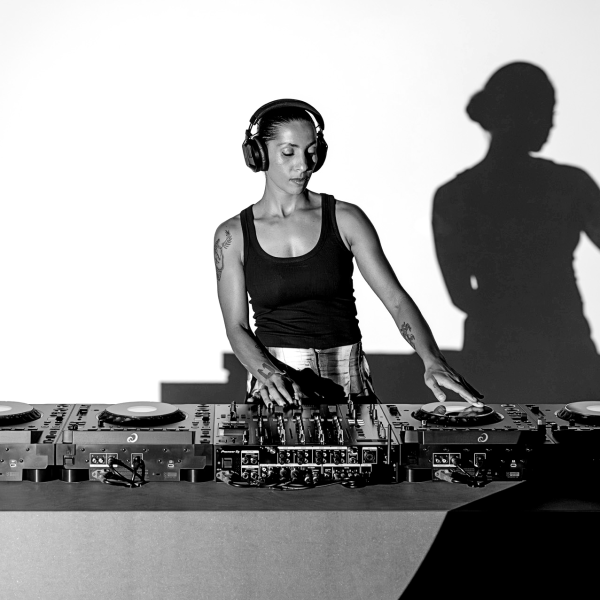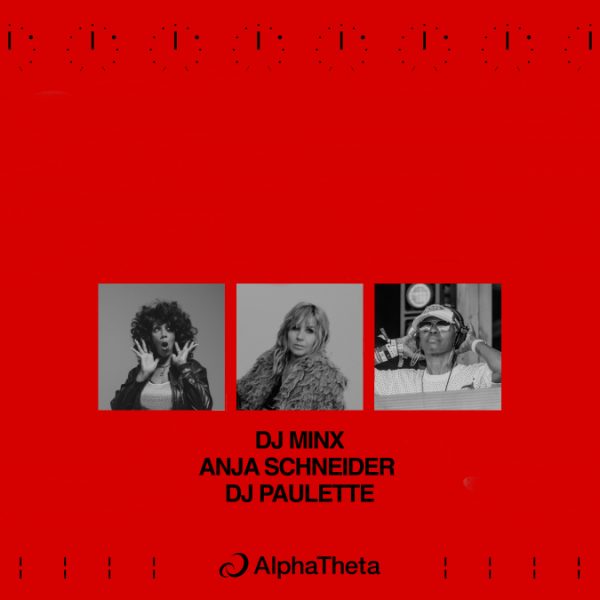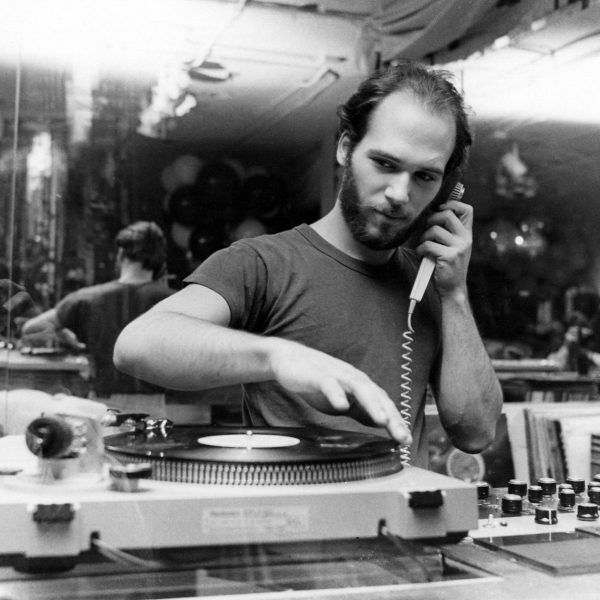The wheels of industry
It’s easy to misread mental health as a problem solely about personal responsibility. Only you, after all, can make the decision to stop drinking, get more sleep or go to therapy. But the unusually high instances of poor mental health among musicians point to larger forces. Take streaming. The market dominance and poor royalties of services like YouTube and Spotify have helped engineer a market reality that forces artists to gig far more frequently. To the extent that booking agents, promoters and venues benefit from this arrangement, it’s easy to see how the wheels of commerce can work against an artist’s best interest.
Companies like Spotify, Musgrave said, “are probably going to push back the hardest from this. You saw Daniel Ek… saying, ‘Musicians should just release more music’. That is indicative. At least record labels are waking up to the fact that something is going badly wrong. We’ve been called into almost all the majors to sit and talk about what’s wrong and get their wellbeing teams to think about things they can do. At least they’re thinking about it. I don’t see people from tech companies thinking about this.”
If we accept that the problem of mental health is a pollutant of capitalism, campaigning for economic solutions throws up as many questions as it does answers. Musgrave, for example, said the idea of universal basic income would need a more politically satisfying reason to exist than allowing a recipient to “fuck around on Logic for three years.” Similarly, he was uncomfortable with the idea of a “musical exceptionalism” that would propose musicians as worthy of government funding but not, say, Uber drivers or plumbers.
Then there’s the suffocatingly obvious problem of social media, which has, among other things, helped supercharge the status anxiety of DJs. The compulsion to see what others are doing and measure oneself against a selectively flattering moment has fostered a hypercompetitive attitude among artists. From a technology perspective, some of the suggested solutions—divesting, for example, from Google, Apple, Facebook and Amazon, what’s been called the “GAFA stack”—might seem as daunting as they are necessary. But when I spoke to “Anna,” a DJ who’s suffered with status anxiety in the past, she made clear that the solutions can also be simple.
“It all depends on what you want. I don’t want to be crazy successful. I also don’t have any interest in getting paid thousands and thousands for one gig. What I want is longevity. I wanna be respected, and I want to be DJing when I’m 50. But when you do get wrapped up in, ‘Oh, so-and-so has played at this place and I’ve never played there’, in those situations all I need to do is, a) have a chat with my therapist, b) have a catch-up with my agent and c) catch up with some friends about it.
“Therapy helps because we’ll talk about how that touches on my deeper insecurities and why; then with my agent, she’ll be like, ‘The reason you haven’t played at this place yet is because you’re too busy’; and then it’s useful to talk with friends [who DJ] because you can see that everybody’s really insecure about loads of different things, and about the same things.”
Anna’s way of dealing with anxiety echoed what Hunt said about the temptation for DJs to burn themselves out. “Sometimes in the industry the immediate answer is just ‘more,'” he said, “more gigs, more money, more height on the billing. And often people don’t understand what the ‘why’ is. ‘Why are you doing this?’ ‘Why are you doing a massive international tour?’ What benefit will that bring you?”
For young artists starting out—or those who can’t afford resources like therapy—advice like this may be hard to accept. The option to, say, take fewer gigs isn’t realistic if you live in an expensive city or a career in music is all you can imagine; the opportunity to work less may only be open to those who, in a sense, have already made it. Perhaps there’s no escaping the reality that ambitious DJs and producers will always have to work extremely hard. But that pressure will surely be eased through a more systematic approach to confronting artists’ mental health challenges.
We should, of course, keep talking. These conversations remain crucial, especially if, in cases like Anna’s, they can help clear the air. But safeguarding the wellbeing of artists will require something more. From artists, it’ll take a healthy dose of scepticism about the fantasy sold to them of a life lived in music (and, perhaps, a greater willingness to stay off Instagram, where artists tend to create fantasies of their own). The industry, meanwhile, can adopt specific policies and drive cultural changes that make artists safer, healthier and happier—and if that affects the bottom line, then so be it, thinks Middleton.
“Artists are at this point where they’re refocusing on self-care and their own health and wellbeing,” he said. “If the artists aren’t well—mentally, physically, emotionally—then there is no income stream there.”




